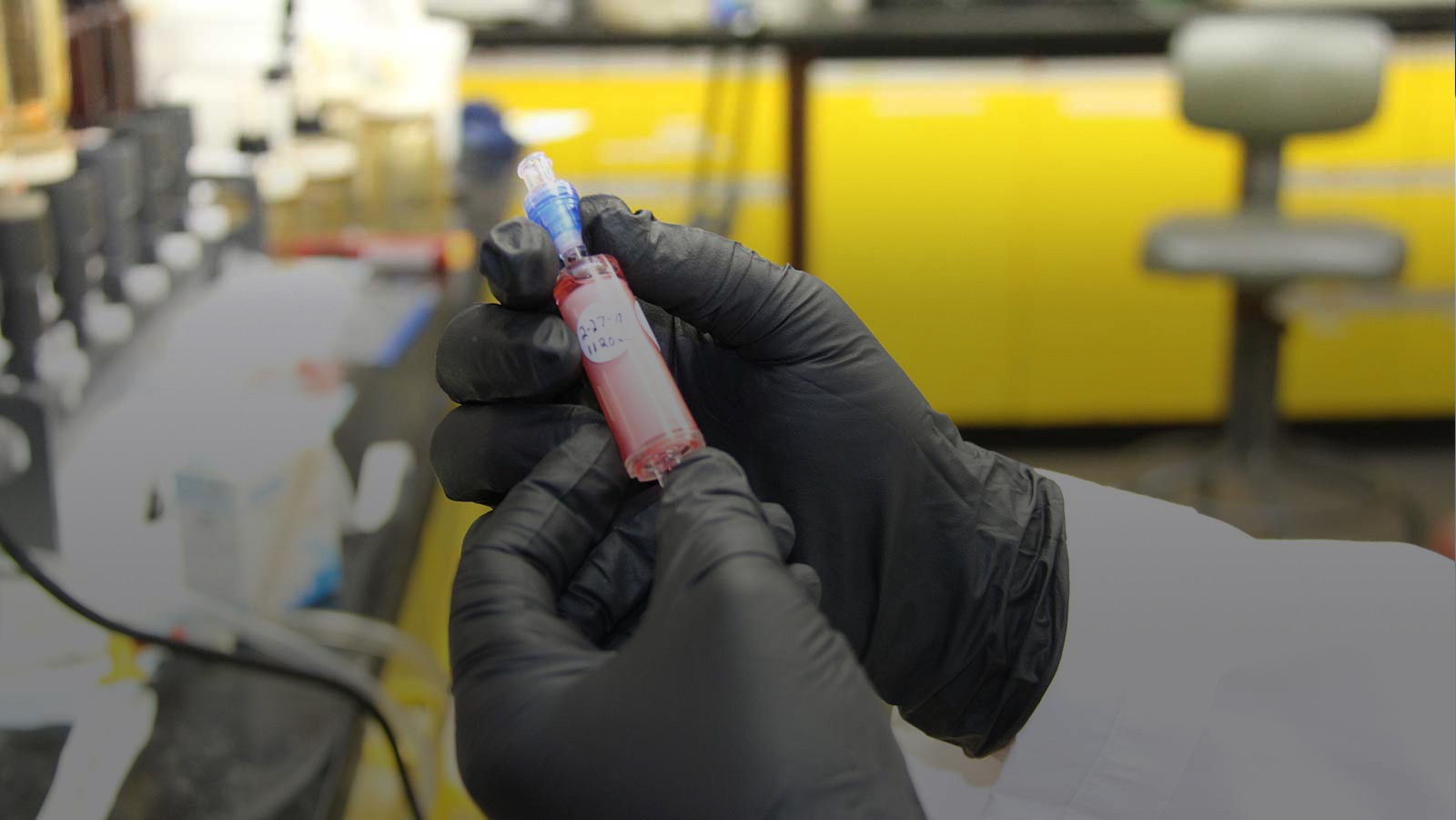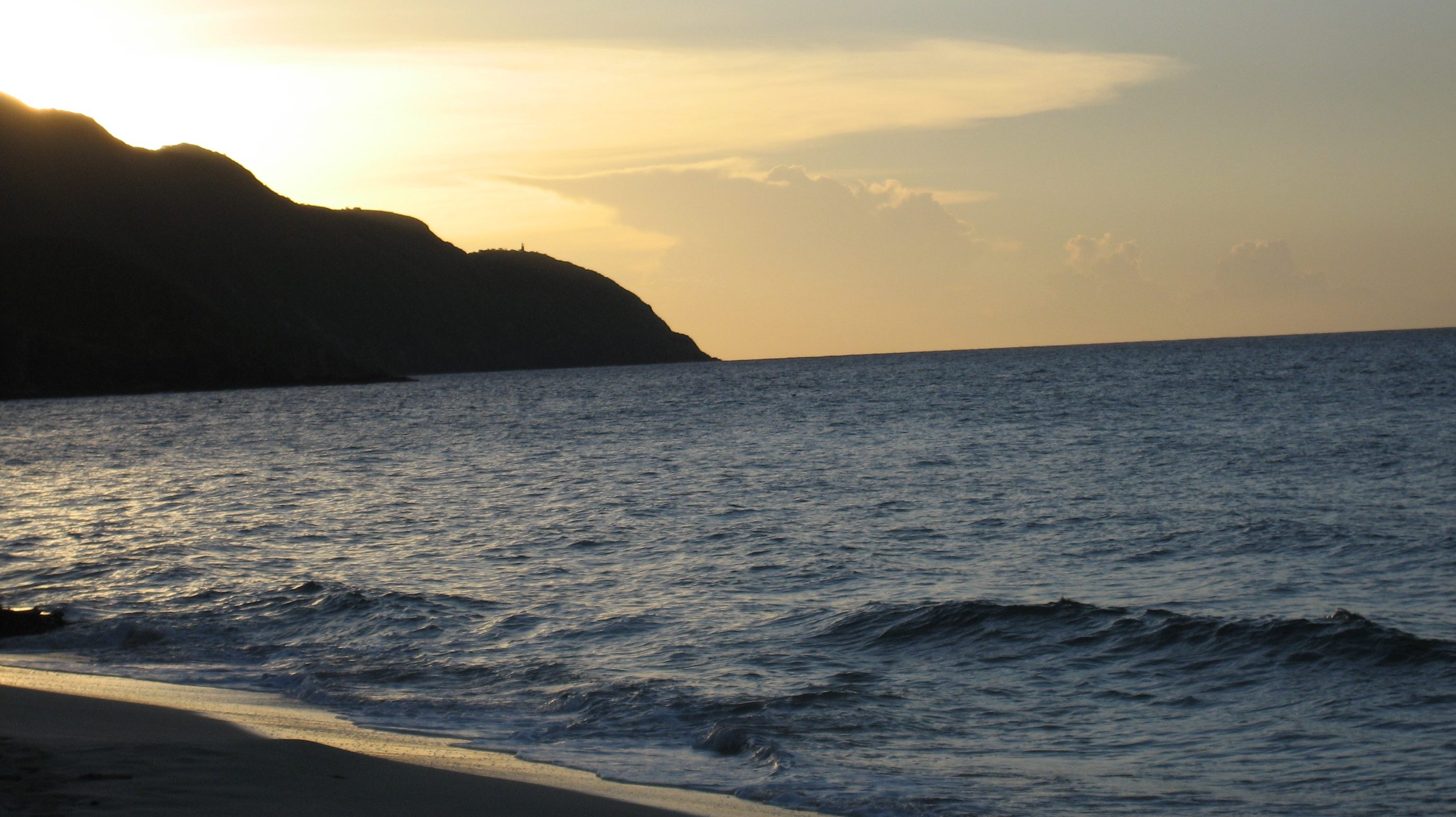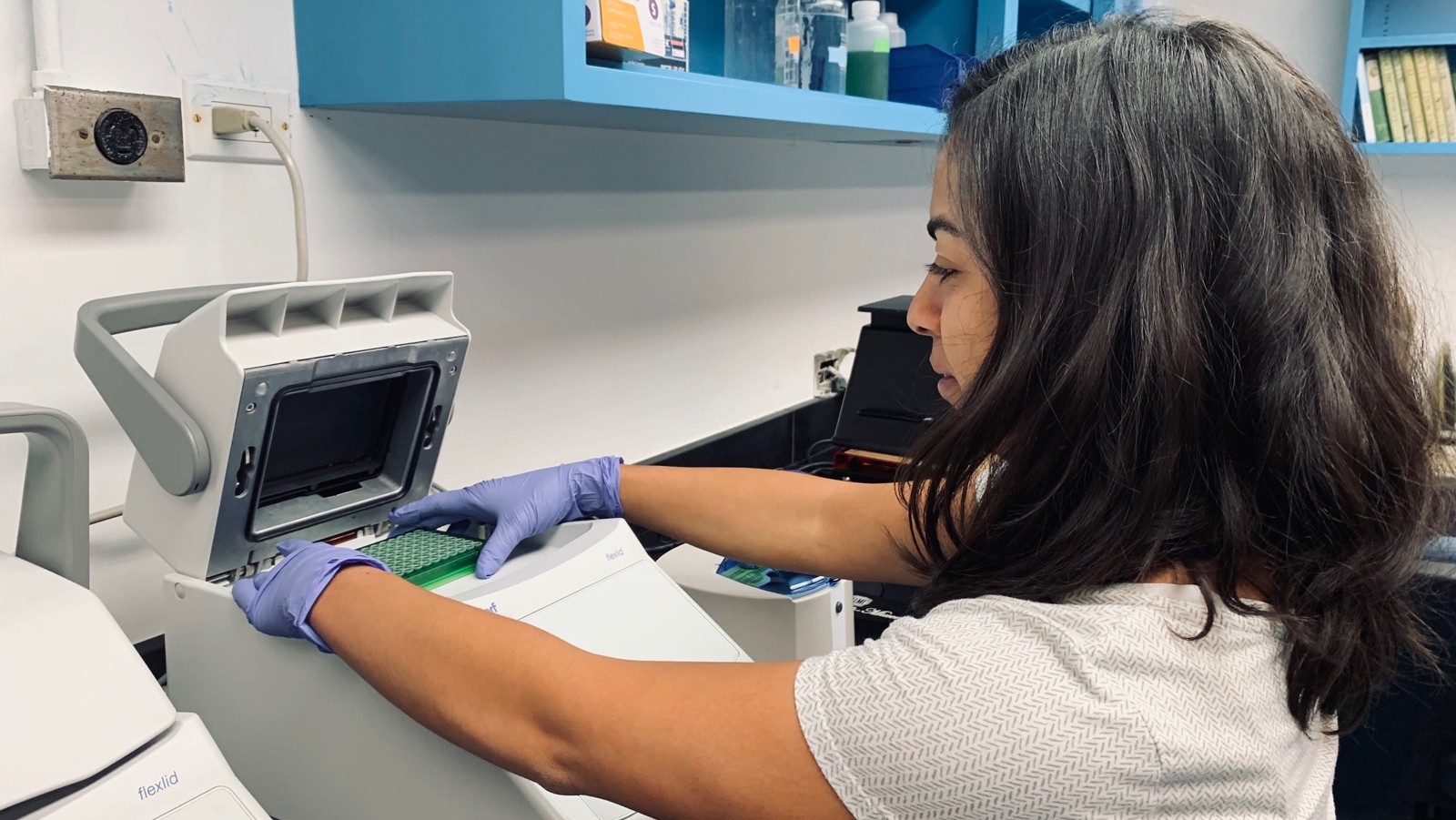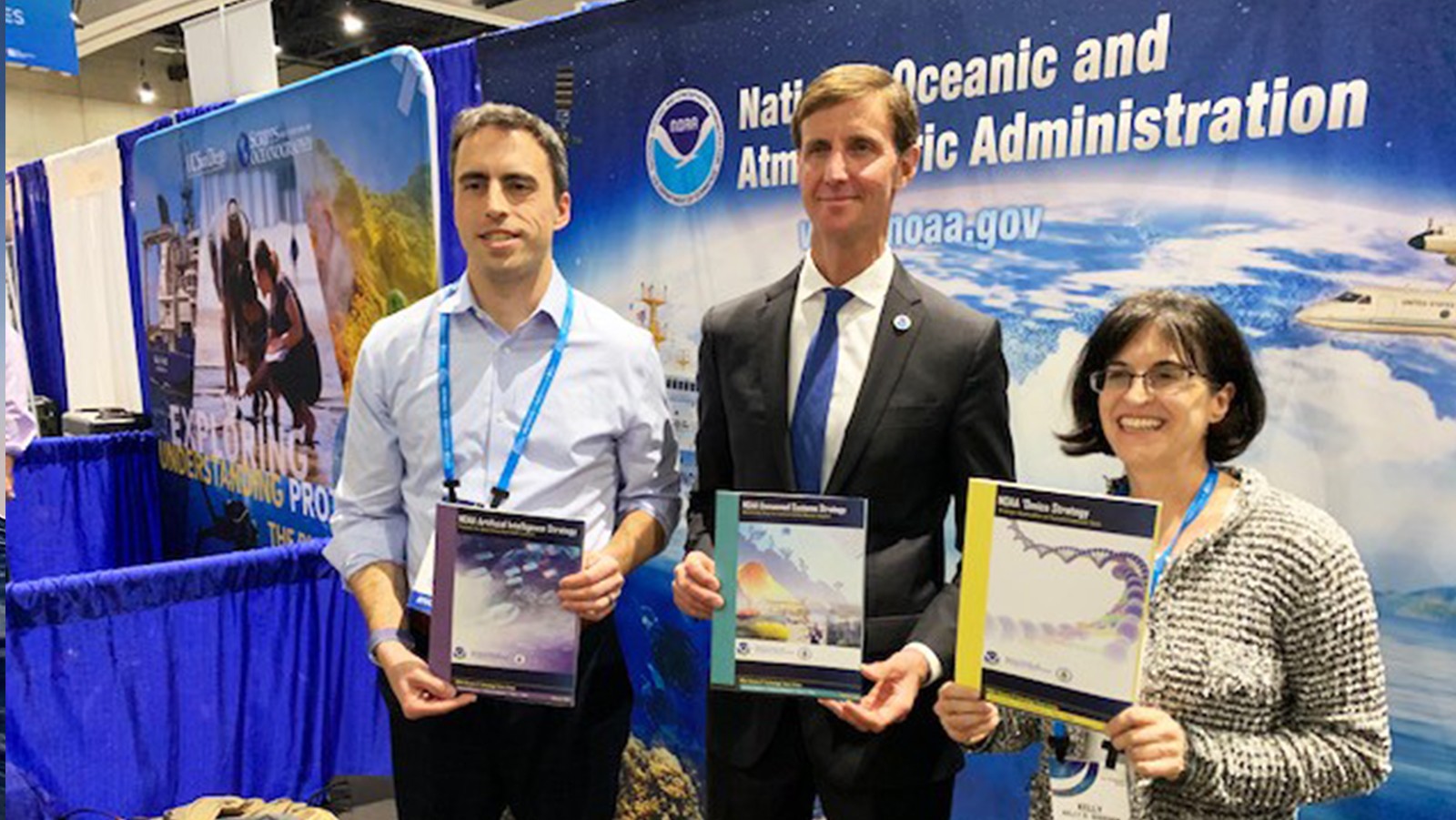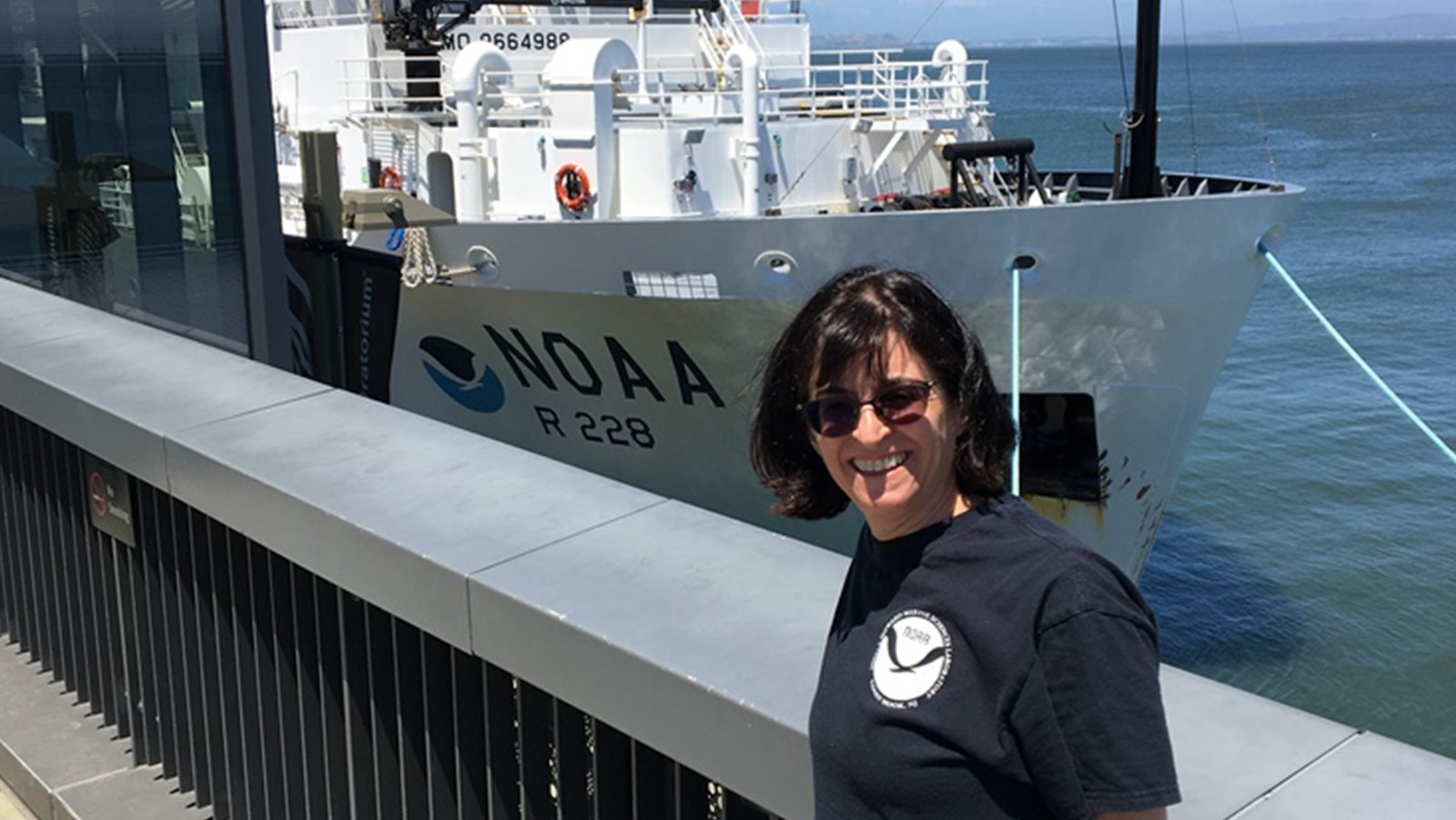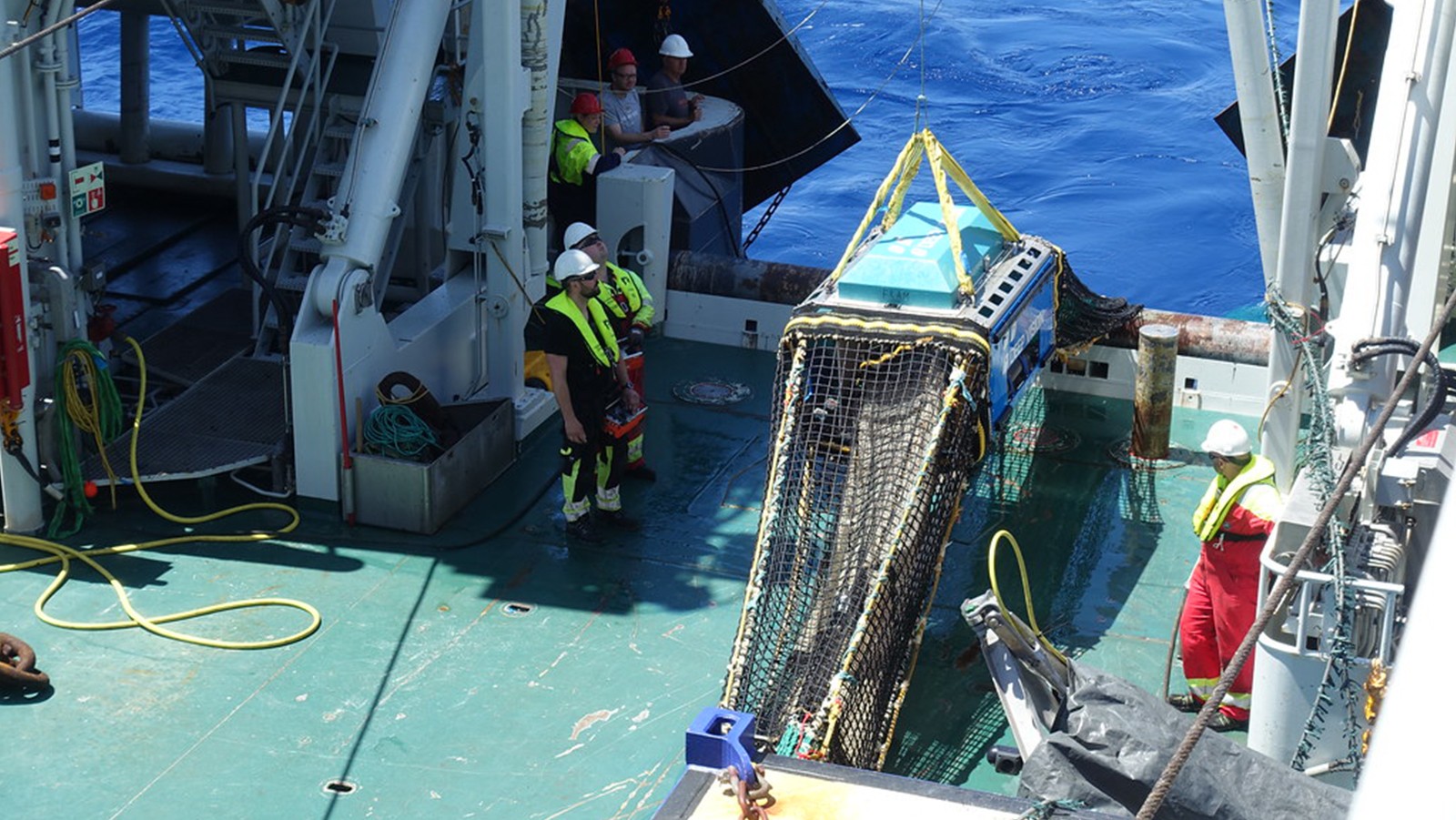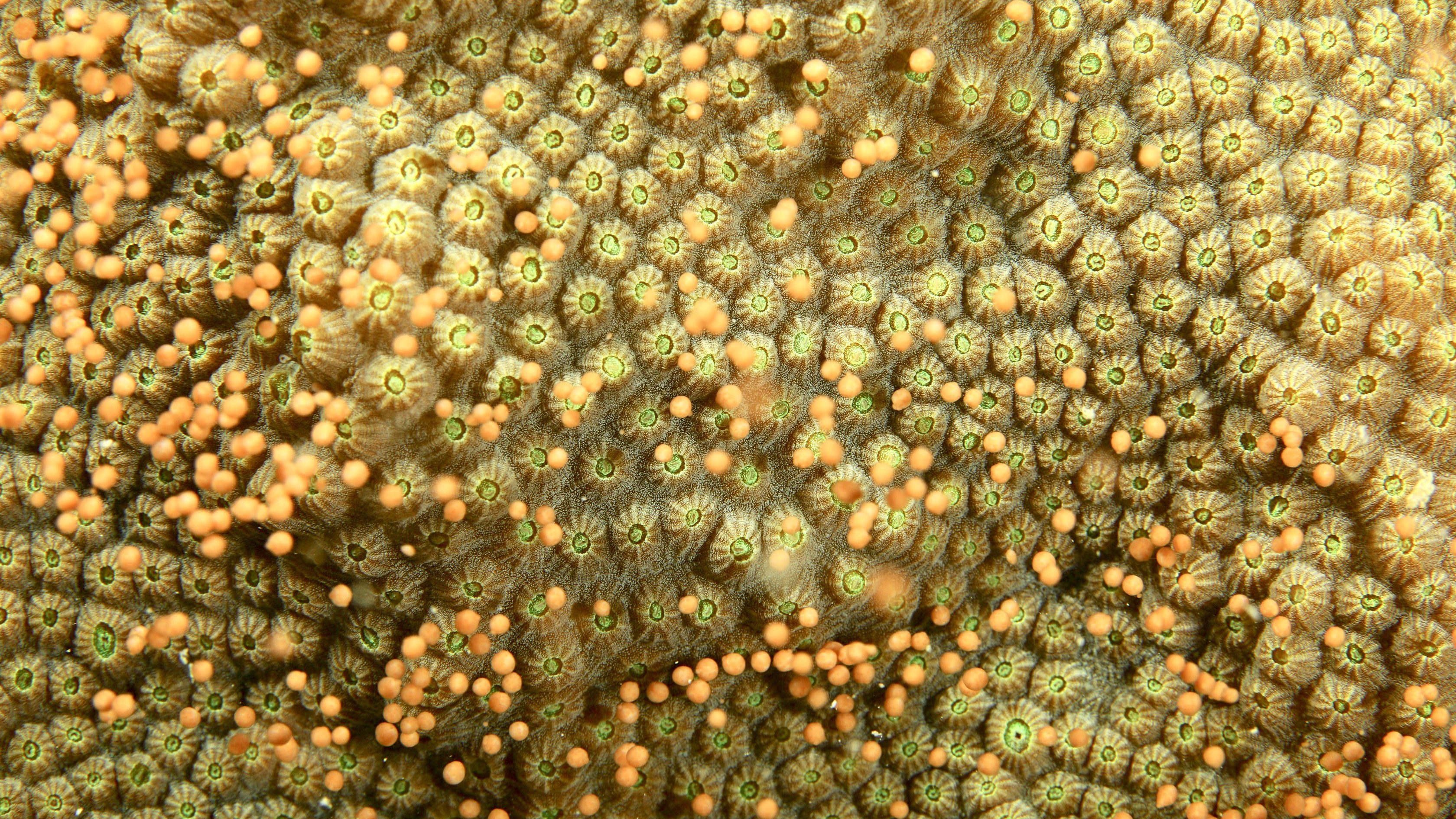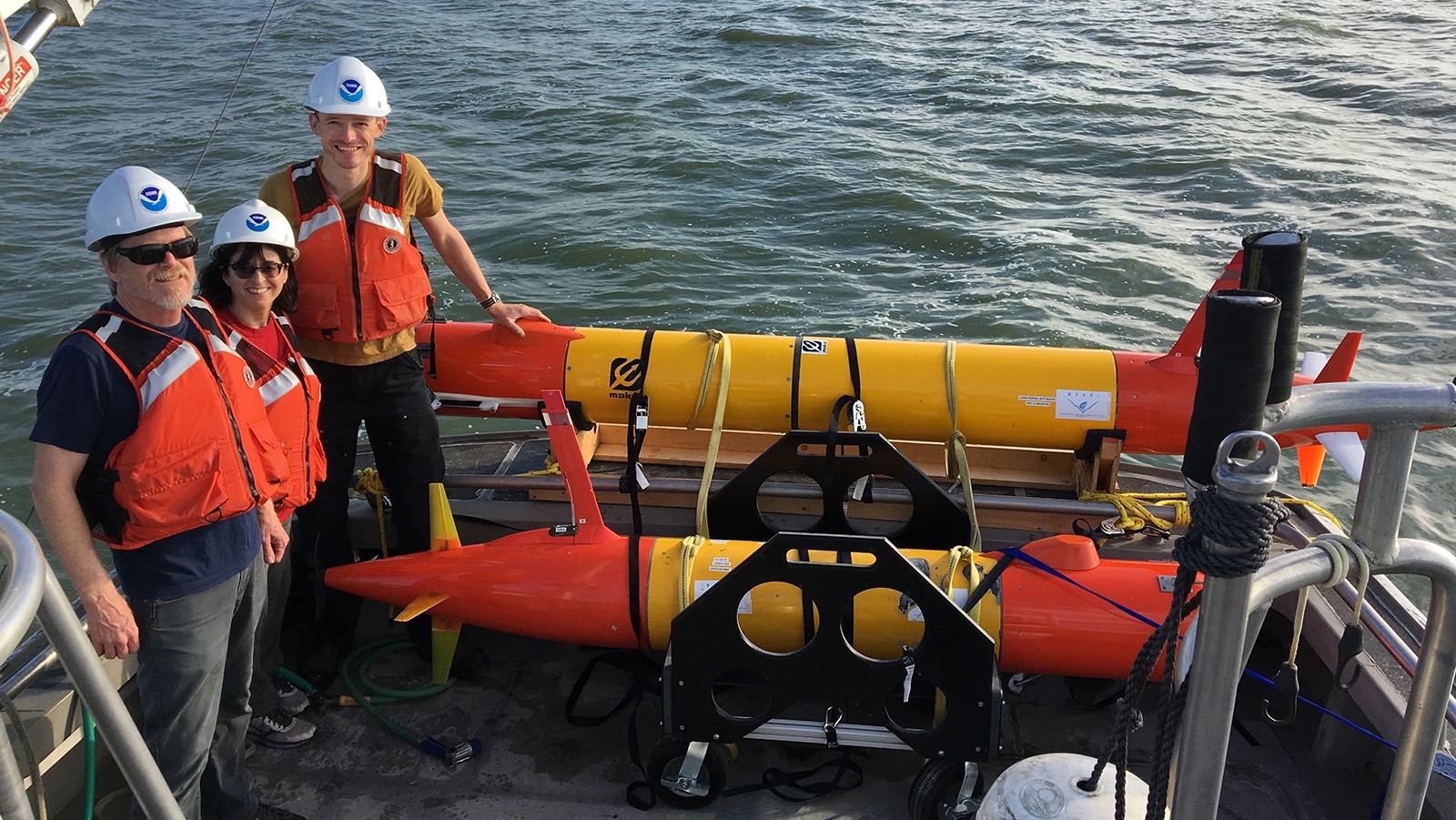The Importance of ‘Omics in NOAA Research
In February 2020, the NOAA ‘Omics Strategy was launched. The Strategy was informed by a whitepaper that recently became available on the NOAA Institutional Repository. This document titled NOAA ‘Omics White Paper: Informing the NOAA ‘Omics Strategy and Implementation Plan, identifies NOAA’s priorities in ‘omics research, promotes integration and communication among line offices, and proposes possible solutions to implementation challenges in this quickly advancing sector of research.
